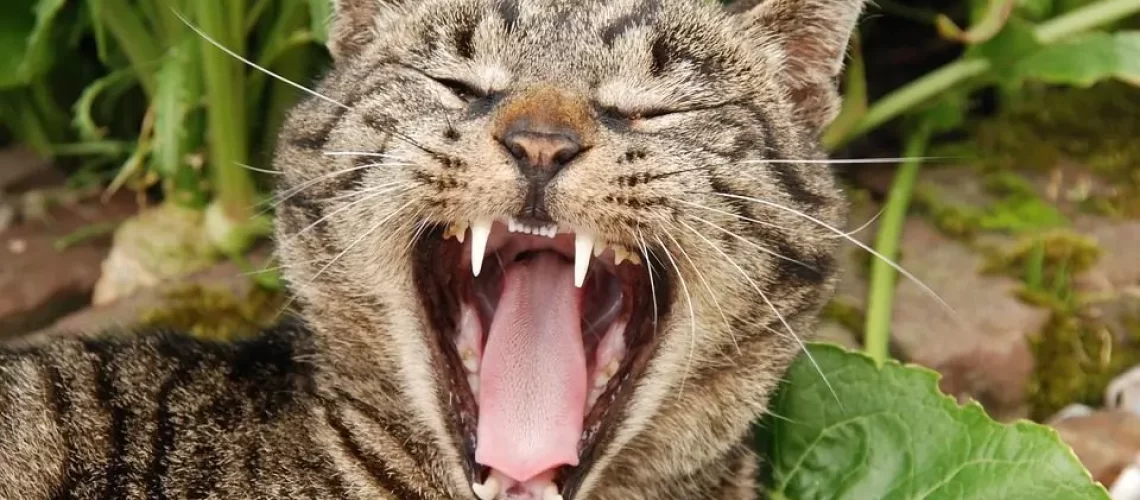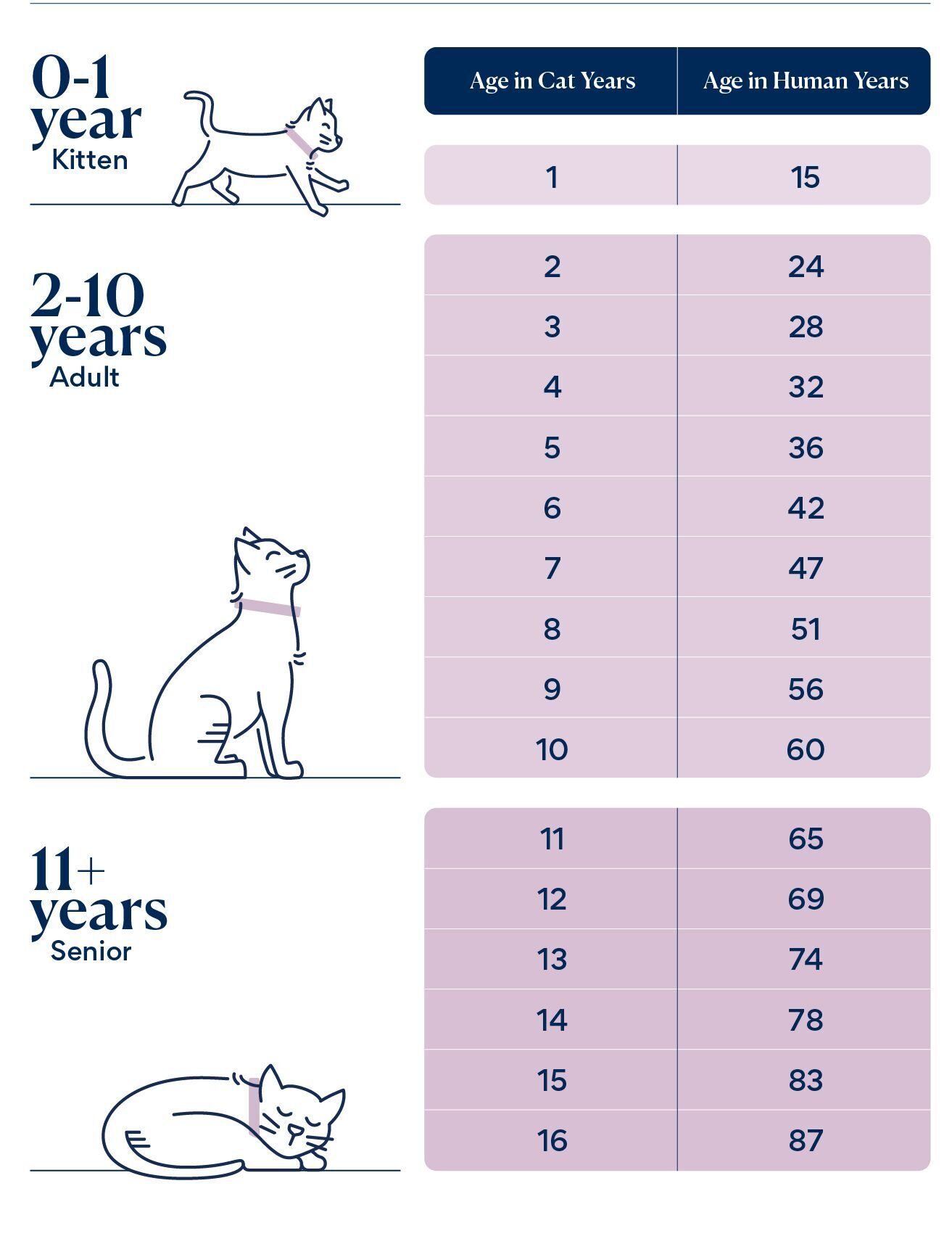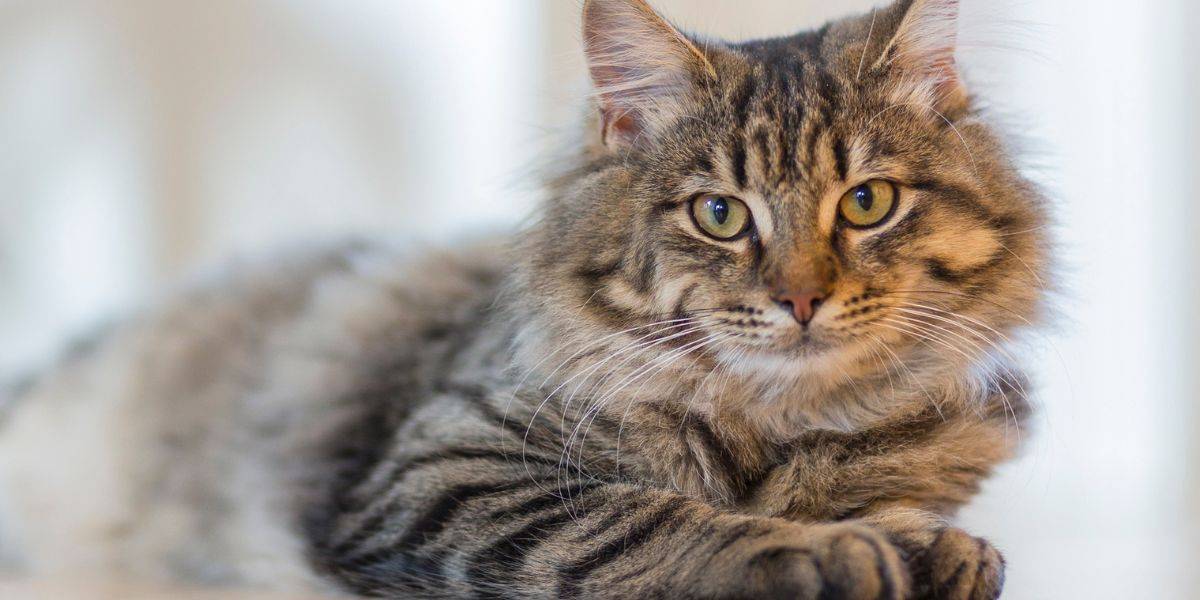Introduction:
Are you the proud owner of an elderly feline friend? If so, then understanding how to solve litter box mysteries for your aging cat is essential. As our furry companions grow older, they may encounter various challenges, including changes in their litter box habits. By delving into this subject, you can unlock the key to maintaining your cat's comfort and well-being during their golden years. Whether you're a seasoned cat owner or new to the world of feline companionship, discovering effective solutions for these mysteries will not only benefit your beloved pet but also strengthen the bond between you. So let's explore the secrets behind solving litter box mysteries for your elderly feline friend and ensure their happiness and contentment in their twilight years.
Statistics/facts: According to a study conducted by the Journal of Feline Medicine and Surgery, approximately 50% of cats over the age of 15 experience some form of litter box issues.
Key Takeaways:
- Regularly clean the litter box to ensure a clean and inviting environment for your elderly cat.
- Consider using a litter box with lower sides or an entrance ramp to make it easier for your senior cat to access.
- Provide multiple litter boxes in different locations throughout the house to accommodate your elderly cat's needs.
- Consult with a veterinarian to rule out any underlying medical conditions that may be causing litter box issues.
- Offer positive reinforcement and praise when your elderly cat successfully uses the litter box to encourage proper behavior.
Why Solving Litter Box Mysteries is Important for Your Older Cat
As your cat ages, it's important to pay attention to any changes in their behavior, especially when it comes to using the litter box. If your older cat starts having litter box problems, it could be a sign of an underlying health issue or discomfort. By solving these mysteries and addressing the problem, you can help improve your cat's quality of life and prevent further complications.
The Importance of a Clean Litter Box
Cats are naturally clean animals and prefer a clean litter box. If the litter box is dirty or not maintained properly, your older cat may avoid using it. This can lead to accidents around the house and cause stress for both you and your furry friend.
Preventing Health Issues
Litter box problems in older cats can also indicate potential health issues such as urinary tract infections or kidney disease. These conditions can be serious if left untreated, so it's crucial to address any litter box issues promptly and seek veterinary care if necessary.
Signs of Litter Box Problems in Your Aging Cat
It's essential to recognize the signs that your aging cat may be experiencing litter box problems. Some common signs include:
- Frequent urination or straining in the litter box
- Avoiding the litter box altogether and urinating outside of it
- Changes in urine color or odor
- Inappropriate defecation outside the litter box
- Excessive grooming of the genital area
- Vocalization or signs of pain while using the litter box
If you notice any of these signs, it's important to investigate the issue and take appropriate steps to address it.
Common Reasons Why Older Cats Stop Using the Litter Box
There can be various reasons why your older cat may stop using the litter box. Some common causes include:
- Medical issues such as urinary tract infections, bladder stones, or arthritis
- Litter box aversion due to a negative experience or discomfort while using it
- Anxiety or stress caused by changes in the environment or household
- Cognitive decline or confusion, especially in senior cats
- Inadequate litter box cleanliness or accessibility for an aging cat
Identifying the specific reason behind your cat's litter box problem is crucial in finding a suitable solution.
Steps to Help Your Older Cat Overcome Litter Box Issues
If your older cat is experiencing litter box problems, there are several steps you can take to help them overcome these issues:
- Consult with your veterinarian: Schedule a visit with your vet to rule out any underlying medical conditions that may be causing the litter box problems.
- Maintain a clean litter box: Clean the litter box regularly and ensure there is enough clean litter available for your cat.
- Provide easy access: Make sure the litter box is easily accessible for your aging cat. Consider using low-sided boxes or providing ramps if necessary.
- Create a calm environment: Minimize stressors in your home that may be causing anxiety for your cat. Provide a quiet and safe space for them.
- Consider litter box placement: Place the litter box in a quiet area away from high-traffic areas or loud noises that may startle your cat.
- Try different litter types: Experiment with different litter types to find one that your cat prefers. Some cats have preferences for certain textures or scents.
By following these steps and being patient, you can help your older cat overcome their litter box issues and improve their overall well-being.
Special Considerations and Modifications for an Elderly Cat's Litter Box
Elderly cats may require some special considerations when it comes to their litter box. Here are a few modifications you can make:
Litter Box Accessibility
An aging cat may have difficulty accessing a high-sided litter box. Consider using a box with lower sides or providing a ramp or step stool to make it easier for them to enter and exit the box.
Litter Box Placement
Place the litter box on the same floor where your cat spends most of their time. If they have trouble climbing stairs, avoid placing the litter box on a different level of the house.
Incontinence Pads
If your elderly cat is experiencing incontinence issues, you can place absorbent pads around the litter box area to catch any accidents and make cleanup easier.
Encouraging Consistent Use of the Litter Box in Your Aging Cat
To encourage consistent use of the litter box in your aging cat, try these tips:
- Stick to a routine: Feed your cat at regular times and clean the litter box daily to establish a routine that they can rely on.
- Praise and reward: When your cat uses the litter box correctly, praise them and offer treats as positive reinforcement.
- Provide multiple litter boxes: If you have a larger home, consider placing multiple litter boxes in different areas to make it more convenient for your cat.
Consistency and positive reinforcement can go a long way in helping your aging cat maintain good litter box habits.
When to Seek Veterinary Help for Your Senior Cat's Litter Box Problems
If you've tried various strategies to address your senior cat's litter box problems without success, it's time to seek veterinary help. Your veterinarian can perform a thorough examination and diagnostic tests to identify any underlying medical conditions that may be causing the issues. They can also provide guidance on behavior modification techniques or recommend medications if necessary.
Remember, addressing litter box problems promptly is crucial for your older cat's health and well-being. With proper care and attention, you can help them overcome these challenges and ensure they enjoy their golden years comfortably.
In conclusion, solving litter box mysteries for your elderly cat is important to ensure their comfort and health. By observing their behavior, addressing any medical issues, and providing a clean and accessible litter box, you can help your feline friend enjoy their golden years with ease.
Why does my elderly cat miss the litter box?
Your older cat may be experiencing issues with using the litterbox due to significant changes in its schedule, routine, or surroundings. Alternatively, it could simply be more particular about its preferences as it ages or it may be dealing with a medical problem.
How do you retrain a senior cat to use the litter box?
To begin, you should introduce your pet to the litter box by inviting them into it or placing it nearby and allowing them to dig if desired. It is also recommended to do this after naps or meals, as these are the times when your cat is most likely to use the bathroom.
Do senior cats need special litter?
It should be noted that not all senior cats will need a specialized type of litter. Some older cats can still use the same litter they have always used without any issues. However, certain problems such as joint pain, sensitive paws, and respiratory issues may make it beneficial to consider purchasing a different type of litter.
Why is my elderly cat suddenly pooping on the floor?
Cats may poop outside their litterbox due to constipation or diarrhea, which can make it difficult for them to reach the box in time or cause the poop to fall as they move around. These issues may be temporary or related to an underlying medical condition.
Why is my cat peeing and pooping everywhere all of a sudden?
There are various medical conditions that can result in a cat urinating outside of its litter box. These conditions include arthritis, problems with the digestive system, and urinary tract infections. Your veterinarian is the best person to determine whether your cat's behavior is caused by a medical issue.
Why is my elderly cat peeing everywhere?
As cats age, they are more likely to experience issues like endocrine disorders, feline dementia, or sensory loss. These problems can result in increased anxiety and lead to a stronger need to urinate or spray.

















